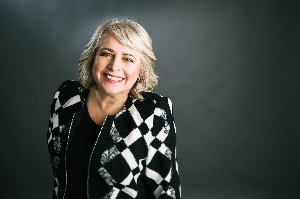
According to the latest ASB Housing Confidence Survey, the optimists outweigh the pessimists when it comes to sentiment around whether it’s a good time to buy a house.
But it’s a close call: 17% of respondents thought it was a good time to buy, while 16% thought it was a bad time.
A further 51% said it was neither good nor bad, and 15% didn’t know.
ASB chief economist Nick Tuffley says there was a clear trend towards greater buyer optimism, with Cantabrians being the most optimistic.
“In Auckland, there were an equal number of pessimists and optimists – a six-year high in sentiment. Auckland is one area of the country where inventory has been growing recently, which may be cheering buyers.”
At the same time, house price expectations slipped again in the three months to January, with 23% of respondents anticipating price increases as compared to 26% in the previous quarter.
Despite the dip, respondents’ house price expectations are still higher than at this time last year, in the aftermath of the 2017 election, when they hit 16%.
But they are at a lower point than the long-term average of 28%.
Expectations are lowest in Auckland, where just a net 8% expect house prices to rise – the joint-lowest figure seen in the region in nine and a half years.
Tuffley says house price growth expectations shifted unevenly during the quarter, falling significantly in Auckland and dipping slightly in the rest of the North Island, but ticking up by a whisker in the South Island.
“As in the previous quarter, price growth expectations are softest in Auckland and Christchurch, reflecting falling and flat price growth in the two centres, respectively. Expectations in the City of Sails are especially low.”
The foreign buyers ban legislation, which came into effect on October 22, may have dampened demand in the housing market and respondents were likely factoring this into their house price expectations, he adds.
Meanwhile, interest rate expectations continue to decline across the country and they are now at two-year lows.
The net balance of respondents anticipating higher interest rates decreased significantly, from 26% in the October quarter to 14% this quarter, despite a plurality continuing to expect rates to rise.
Tuffley says the past two quarters of lower interest rate expectations reflect the dip in fixed mortgage rates seen late last year and a growing perception that higher interest rates are increasingly distant.
“Looking ahead, interest rates are expected to remain reasonably low by historical standards, supporting the housing market and bolstering continued optimism amongst prospective buyers.
“But we expect mortgage rates will still gradually tick upward given proposed increases in bank capital requirements have the potential to increase the cost of funds.”


